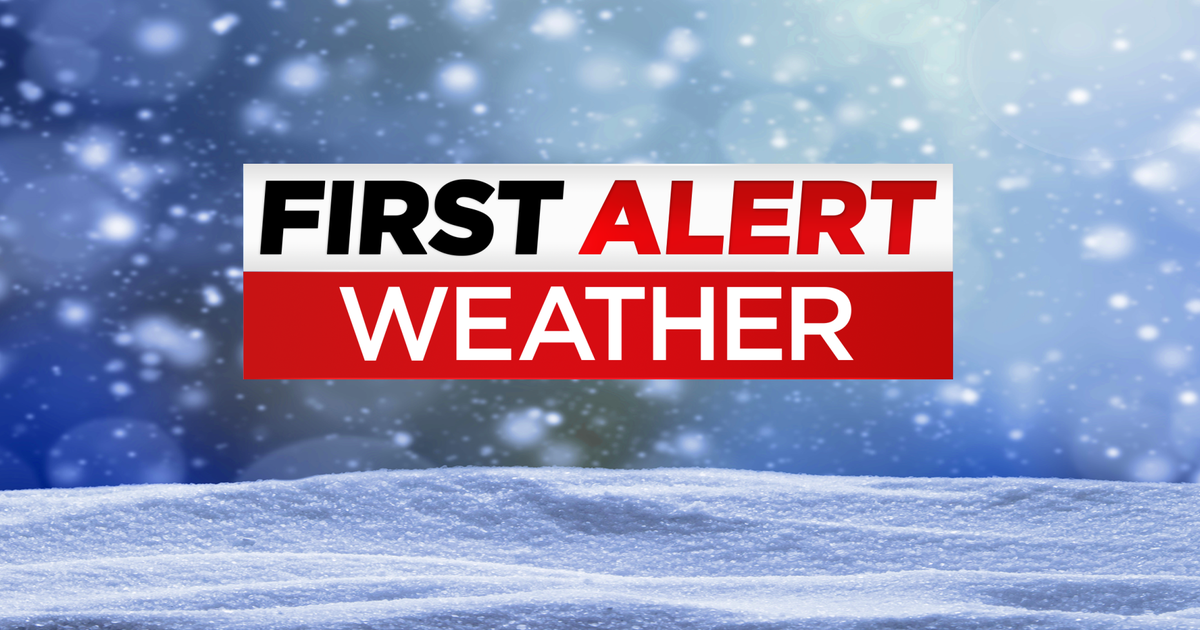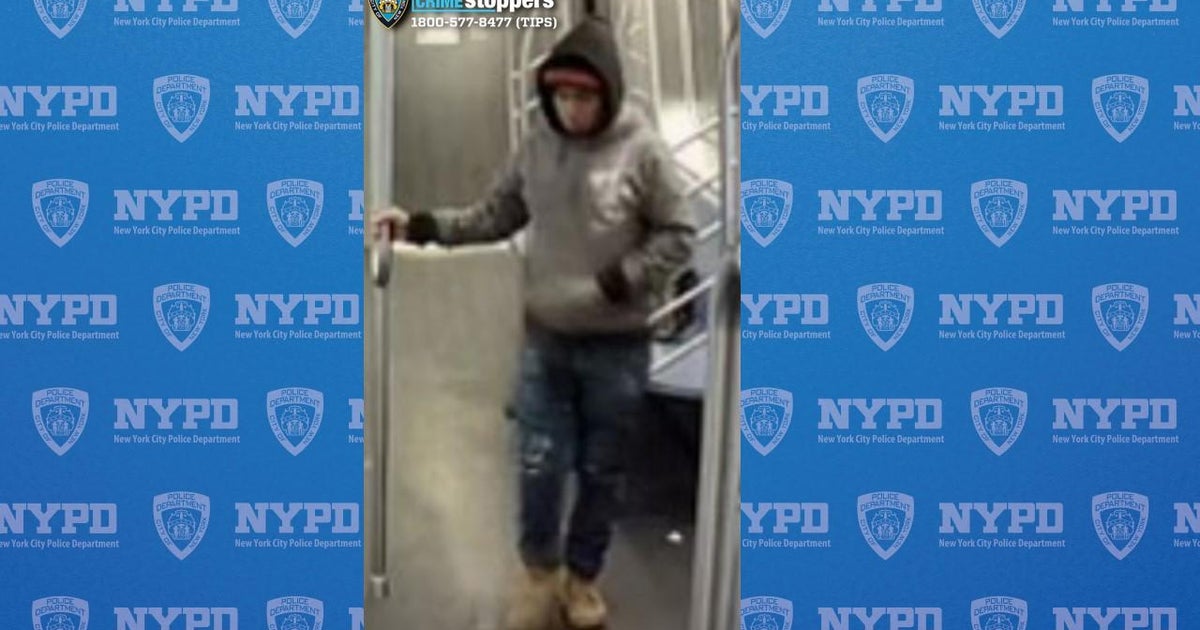MTA proposes fare hikes that could increase rates on Labor Day 2023. Here's how much prices could jump
NEW YORK - If you take public transit in the city, you may start feeling the squeeze every time you ride.
Monday, the MTA announced proposed rate hikes for both single rides and monthly passes.
The MTA calls the proposed hikes, the first since 2019, "reasonable" at only a few more cents per ride, or a few dollars more for a monthly pass. But some advocates say many riders can barely afford to commute as it is.
A City Hall spokesperson said, while the decision is ultimately up to the MTA, "We encourage the board to focus on fare products that will not disproportionately impact low-income riders and essential workers."
Subway, Express Bus fare hike proposal
- The proposed base fare for the subway or bus would rise 5%, from $2.75 to $2.90.
- A 7-day ticket would rise 3% from $33 to $34.
- A 30-day ticket would rise 4% from $127 to $132.
- Express bus base fares would rise 4% from $6.75 to $7.
- A 7-day express bus ticket would rise 3% from $62 to $64.
"I'm definitely not getting my money's worth. I don't know why the fare's going up. It should not go up," said commuter Angel Cowan.
"If you're doing a round trip, 30 cents a day could make a big difference for people struggling to pay the fare," said commuter Jordan Goldstein.
Watch Ali Bauman's report
The MTA said the additional revenue will fund operational costs, unlike congestion pricing, which funds capital improvements.
"It's something we don't necessarily want to do, but it has to be done because that's what organizations like ours does," said MTA CFO Kevin Willens.
LINK: See the complete fare hike proposal
Advocacy groups say enough is enough.
"If anything, the fares should be reduced to get people back, but the MTA's just not thinking," said Charlton D'Souza of Passengers United.
D'Souza said he's most upset about changes proposed for the Long Island Rail Road. The $60 Atlantic ticket weekly pass would be eliminated, and express bus fares would increase from $6.75 to $7.
Watch Jessica Moore's report
The latest MTA survey found just 54 percent of subway riders are satisfied with service.
"I think we can expect to see these regular 4 percent average fare hikes every couple of years," said Lisa Daglian, executive director of Permanent Citizens Advisory Committee to the MTA.
Daglian said a fare hike means no service cuts.
"Getting more people back on board is really the number one way to get the system back up and our city and region back up," said Daglian.
Despite the MTA's best efforts, subway ridership is still about 70 percent of pre-pandemic levels.
"Twenty percent of low-income New Yorkers are foregoing job opportunities or missing medical appointments because of the cost of the fare," said State Assembly Member Zohran Mamdani. "We need to create an economic system where we're not paying for this on the backs of the working class. We're paying for this from the corporations who have been making out like bandits over the last few years."
LIRR and Metro-North fare hike proposal
LIRR and Metro-North fares would rise at the following rates:
- Monthly: Average 4.3% increase (with a $500 cap)
- Weekly: Average 4.3% increase
- One-way peak: Average 4.6% increase
- One-way off-peak: Standardize discounts across railroads to 26%
- 10-trip off-peak: Discount maintained at 15% off one-way off-peak
"For $60, you got everything for the week, and you didn't have to worry about it. Now the railroad is asking those same users who are going to Brooklyn to pay $7 for a shuttle service. I mean, that's crazy, you know it. It should actually be $2.75 for the service that they're providing. I mean, it's it's appalling," D'Souza said.
Danny Pearlstein of the Rider's Alliance is calling on Mayor Eric Adams to expand the city's Fair Fares program for people struggling to make ends meet.
"Low income New Yorkers need a break, and that's something that the mayor has to take responsibility for and fund the expansion of Fair Fares in the city budget, that, for example, a family of four making $60,000 a year could save $1,600 in a reduced fair program," Pearlstein said.
What about bridges and tunnels?
Toll hikes are also coming. The MTA says it's leaning toward a split option - 6% for E-ZPass and 10% for mail-at-home credit card payments.
It's not a done deal yet. The MTA is expected to conduct public hearings in June, with a vote on the fare and toll changes in July. If approved, the rate hikes would take effect by Labor Day.
A spokesperson for Adams said the mayor is actively working on expanding outreach and enrollment in the Fair Fares program.
Adams is encouraging the MTA board to avoid programs that would disproportionately impact low-income riders and essential workers.




